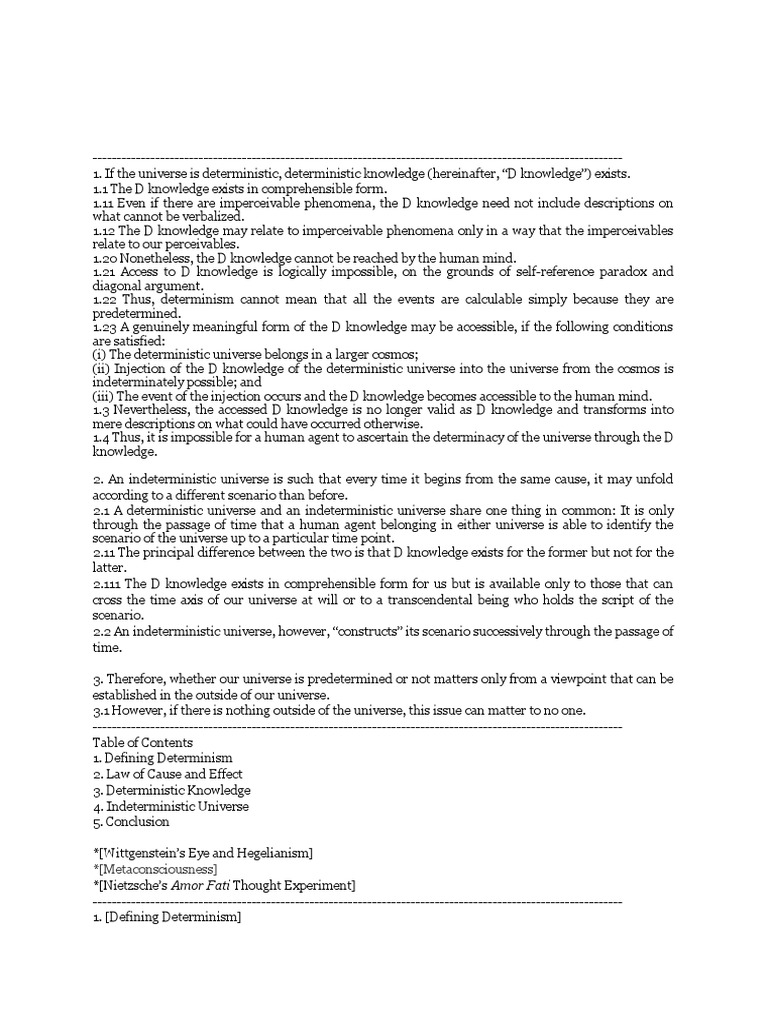Cultural determinism, a term that echoes with the weight of societal norms and traditions, posits that individual behavior and choices are primarily shaped by cultural contexts. This theory sheds light on the intricate tapestry of human existence, but beneath its surface lies a myriad of negative effects that permeate personal and collective realms. These adverse impacts, akin to roots reaching deep into the soil of human interaction, can stifle diversity, perpetuate inequality, and engender a lack of innovation.
At its core, cultural determinism can create a constrictive box, a gilded cage where individuals are ensnared by the expectations and conventions of their culture. This confinement often manifests as a lack of personal agency, wherein one’s choices are dictated rather than freely made. Consider the metaphor of a river; while it flows freely, its course can be shifted by the banks it navigates. Similarly, individuals raised in cultures steeped in rigid norms may find their paths channeled narrowly, limiting their potential to navigate the vast landscape of existence.
One of the most profound ramifications of cultural determinism is the perpetuation of stereotypes. These societal caricatures, often exaggerated and misrepresentative, crystallize expectations that can lead to discrimination and stigmatization. For instance, consider a society that defines masculinity through a lens of stoicism and emotional suppression. Individuals who deviate from this narrow view may face ostracism and conflict, leading to an emotional and psychological toll that can ripple through generations. The metaphorical weight of these stereotypes can press down so heavily that they hinder personal growth and the rich explosion of identity that humanity offers.
This phenomenon creates an echo chamber, where cultural narratives relentlessly reinforce themselves. The symbiotic relationship between cultural norms and individual behavior leads to a stagnation of ideas. When innovation is stifled by conformity, society risks becoming a museum of antiquated thoughts. Imagine an artist, confined to painting only in shades of gray, unable to explore the vibrant spectrum of colors available. Culturally determinism can similarly limit the intellectual and artistic expression of individuals, thereby dulling the brilliance of societal creativity.
Furthermore, this determinism often gives rise to a hierarchical structure within cultures, privileging certain groups while marginalizing others. The tacit assumption that cultural contexts are inherently superior can result in systemic inequality. This is particularly evident in patriarchal societies, where traditional gender roles are rigidly enforced, relegating women and other marginalized groups to positions of subservience. The echoes of cultural determinism reverberate through these hierarchies, perpetuating cycles of discrimination and disenfranchisement. When voices are silenced and contributions unrecognized, society loses the opportunity to benefit from the diverse perspectives that enrich it.
Moreover, cultural determinism fosters a profound apprehension of the ‘other.’ When cultures perceive themselves as monolithic entities, there is often an innate fear of external influences that threaten to disrupt the status quo. This insular mentality can lead to xenophobia and cultural isolationism, where societies build walls—both literal and metaphorical—against outside ideas. The metaphor of a fortress emerges, where cultures become besieged by their own prejudices, shutting themselves off from the wealth of knowledge and experiences that diversity offers.
This insularity further exacerbates ignorance, creating fertile ground for misinformation and unfounded beliefs to take root. The inability to engage with contrasting viewpoints fosters a stagnant intellectual environment where dogma reigns supreme. As a result, progress is impeded, and societies may find themselves unable to address pressing global challenges such as climate change and social justice. In the face of such monumental issues, collaboration and understanding across cultural boundaries become essential. The negative implications of cultural determinism thus extend beyond individuals and communities—they impact the global landscape.
As an antidote to the malaise of cultural determinism, it is imperative to foster a culture of critical thinking and openness to change. Encouraging individuals to rise above their conditioned perspectives allows for the blossoming of pluralism—an appreciation for the rich kaleidoscope of human experience, where different ideas can coexist and enrich one another. This requires deliberate effort; societies must prioritize education that emphasizes analytical thinking, empathy, and intercultural dialogue. In cultivating these virtues, individuals can be equipped to navigate the complexities of their cultural environments without succumbing to the shackles of determinism.
In conclusion, the negative effects of cultural determinism are profound and multifaceted, infiltrating societal norms, individual identities, and the very fabric of creativity. The encumbrances of stereotypes, hierarchies, and insularity serve to stifle growth and progression. However, by embracing critical engagement and fostering an environment that values diversity, societies can transcend these limitations. As a result, the collective can flourish, harnessing the full potential of the human experience, much like a forest enriched by the myriad colors, textures, and sounds of its multitudes. The path forward lies not solely in understanding the shadows of cultural determinism but in illuminating a brighter, more inclusive future for all.
